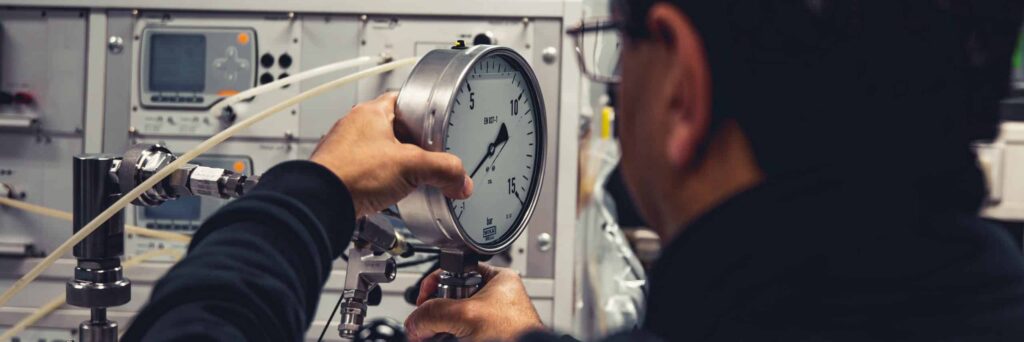
Interesting facts about precision instruments
Precision instruments are a type of device used to measure and record physical properties in a precise and accurate manner. They are typically used in scientific, engineering, and medical fields and are often used to measure and monitor data with high accuracy and precision. Precision instruments are designed to measure a wide range of physical properties, such as temperature, pressure, humidity, and electrical current. Precision instruments use highly sensitive measuring components to accurately measure and record data. These components include transducers, quartz crystals, and other specialised components. Transducers are used to convert physical properties into electrical signals that are used to measure and record data. Quartz crystals are used to measure and record frequency and timing signals.
The calibration instrumentation is a type of equipment that is used to ensure that other pieces of equipment are working correctly. Precision instruments are also used in the fields of chemistry, biology, and physics for a variety of purposes. For example, in chemistry, precision instruments are used to measure the concentration of elements, molecules, and compounds in a sample. In biology, precision instruments are used to measure the activity of enzymes, proteins, and other biochemical compounds. In physics, precision instruments are used to measure physical properties such as acceleration, velocity, and temperature.

Precision instruments are also used for manufacturing and industrial applications. For example, precision instruments are used to monitor and control the production of industrial components and products. They are also used to measure the size, shape, and accuracy of components such as gears, bearings, and other parts used in manufacturing. Precision instruments are designed to provide accurate and reliable measurements and data. They are highly sensitive and require regular calibration and maintenance to ensure accuracy. Precision instruments are often expensive and require specialised knowledge and experience to operate and maintain them properly. However, their accuracy and reliability make them invaluable in many fields of science, engineering, and industry.
Precision instruments are devices that are used to measure and control the accuracy of a physical quantity. Some of the most common precision instruments include rulers, calibers, micrometers, and spectrometers. Each of these devices has a specific purpose and can be used to measure different aspects of an object or phenomenon. Rulers are used to measure the length of an object, callipers are used to measure the width or thickness of an object, micrometres are used to measure the diameter of an object, and spectrometers are used to measure the wavelength of light. There are a variety of calibration instruments that are used for different purposes. Some of this calibration instrumentation includes calibers, micrometers, and optical comparators.

